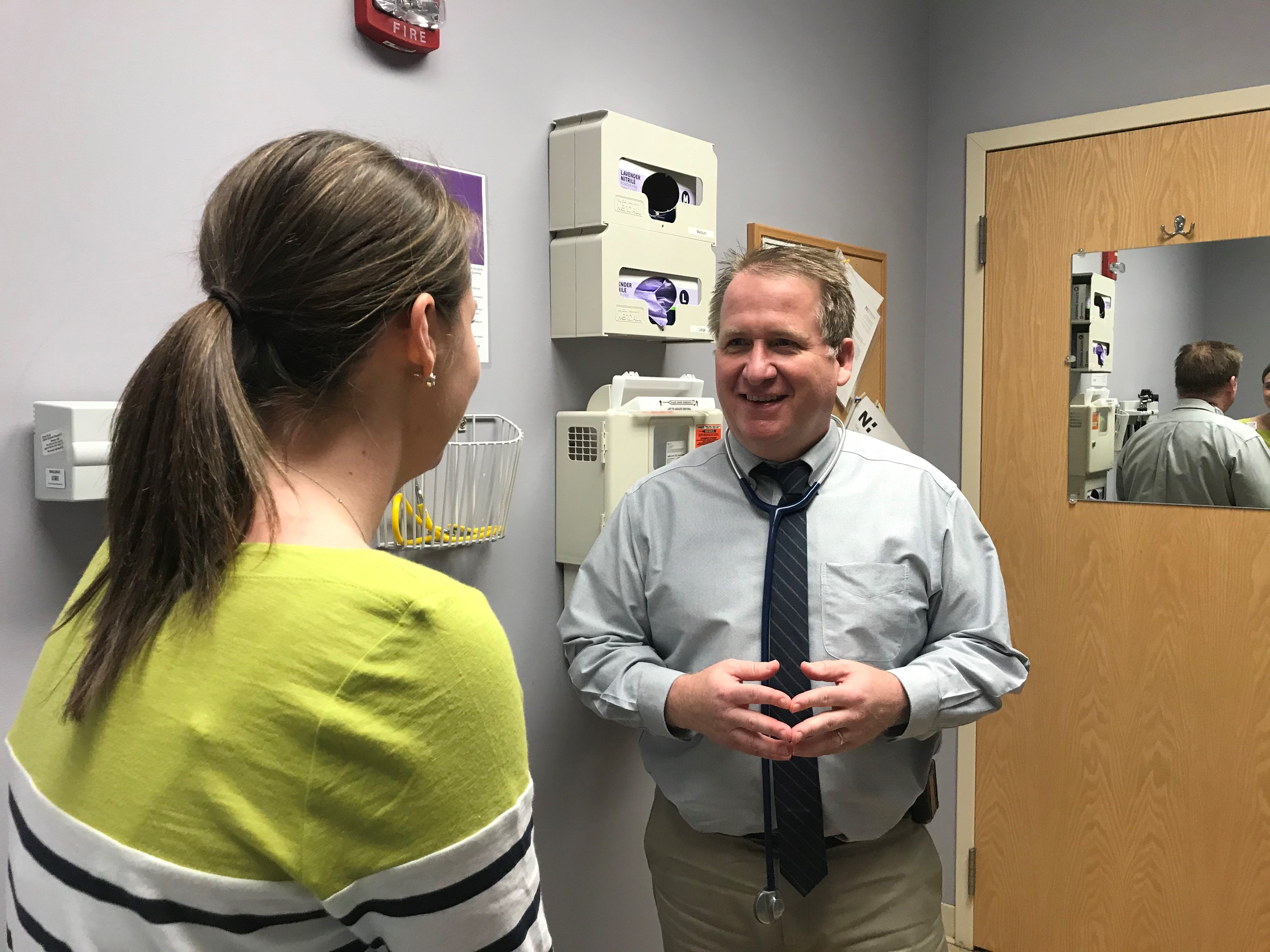The benefits of exercise are hard to ignore.
We know that working out is good for heart health, maintaining weight and de-stressing. But exercise also plays an important role in preventing cancer, according to a study from the American Cancer Society and National Cancer Institute.
“I don’t think the general population understands the significance that exercise can play with reducing cancer risk,” said Dr. Timothy Collins, an oncologist at Novant Health Oncology Specialists in Winston-Salem. “People don’t typically associate reduced cancer risk with exercise.”
The study finds exercise can lower a person’s risk of 13 types of cancer – some with more than a 20% lower risk – including colon, breast, endometrial, esophageal, liver, lung, stomach, kidney, head and neck, rectal and bladder cancers.
Physical activity is also associated with a lower risk of myeloma and myeloid leukemia, both blood cancers. Researchers said most findings applied to people regardless of weight or smoking history (except for lung cancer).
The healthiest life starts with a check-up
A sedentary lifestyle is common, with researchers saying half of Americans do not meet physical activity levels.
The recommendations are approachable. The American Cancer Society defines exercise as at least 150 minutes of moderate intensity exercise per week, or about 75 minutes of vigorous activity. Walking at about 3 mph is considered moderate intensity, so recommended activity levels can be met by walking at least 30 minutes a day, five days a week.
Not only does working out help prevent cancer, Collins said it leads to “improved outcomes” for patients who are already diagnosed with cancer.
“I’m recommending exercise for my cancer survivors. I explain to them that there are several studies which show improved cancer outcomes with regular exercise,” Collins said.
Collins encourages patients to choose an activity that they enjoy – walking, biking, swimming are among the most popular.
“I always start with meeting the patient where they are, what their interests are, and then I encourage them to start off slowly. Even if they can walk to 10 minutes a day at first. That can be a way to get started.”
Hear more from Collins in the Healthy Headlines podcast.








